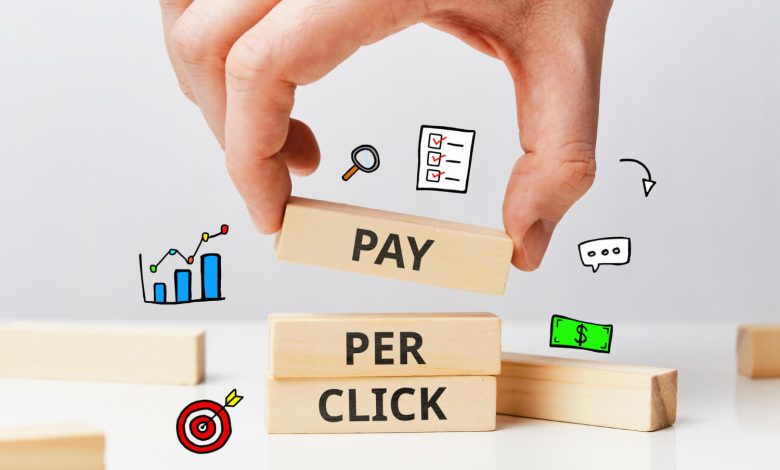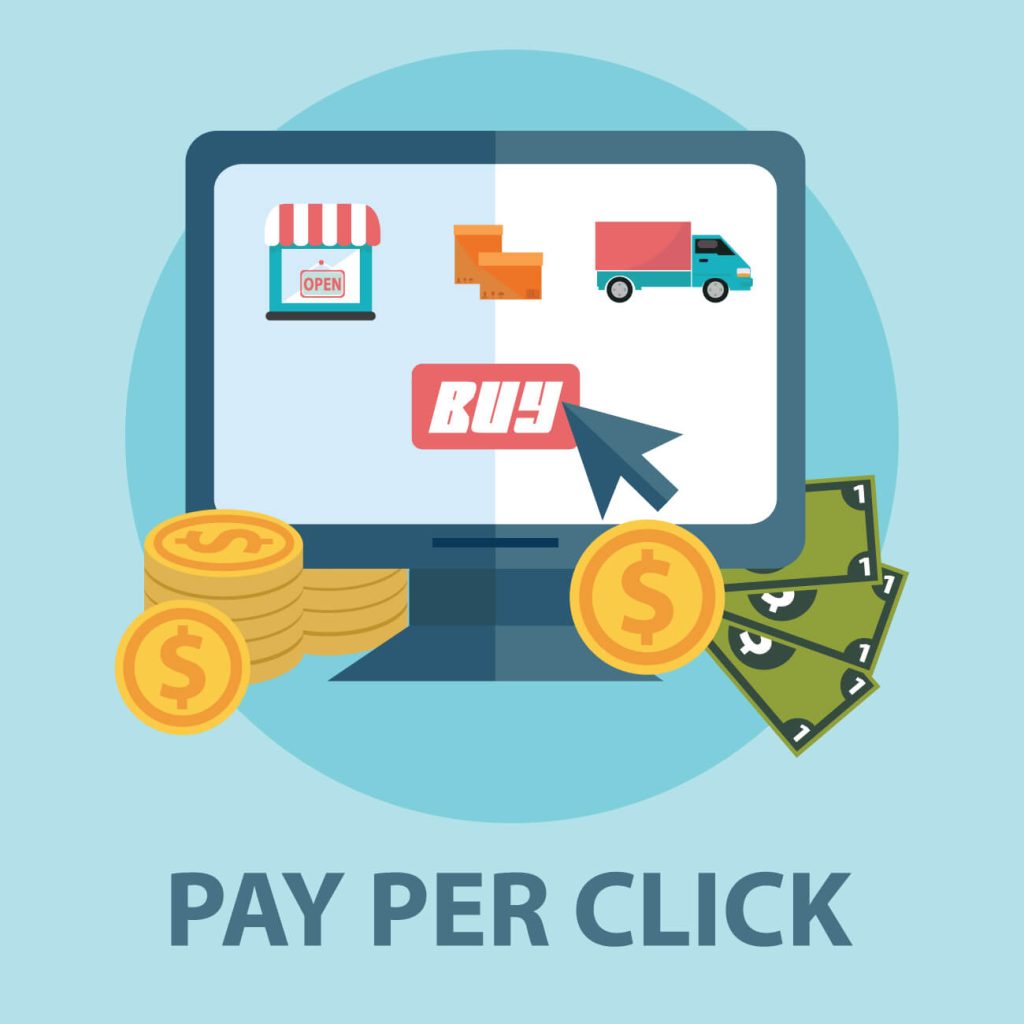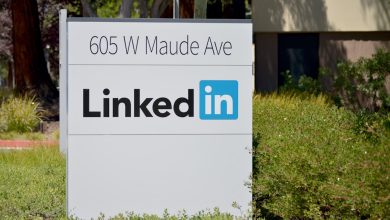Pay-Per-Click Advertising PPC: Guide To PPC Advertising

Pay-Per-Click advertising (PPC) is a digital advertising model where advertisers pay for each click which a user does on their ad. It is a form of search engine marketing (SEM) that allows advertisers to run ads and have them appear on search engine results pages (SERPs) when users search for specific keywords. PPC also extends to other platforms like Google Display Network and social media sites such as Facebook Ads.
The Advantages of Pay-Per-Click Advertising: Why It’s a Powerful Marketing Tool
Pay-Per-Click Advertising is a highly effective form of online advertising that offers several benefits. Advertisers can set a budget and pay only when their ads are clicked, ensuring that they get value for their money. The targeting options in PPC allow advertisers to show their ads to a relevant audience, increasing the chances of conversions. Additionally, PPC work can be tracked using tools like Google Analytics, providing valuable insights into the effectiveness of the ads.
How Does PPC Ad Work? Exploring the Mechanisms Behind PPC
In PPC, advertisers bid on keywords relevant to their target audience. When a user searches for a keyword, the search engine runs an auction to determine which ads will be displayed. The ad with the highest bid and most relevant ad content is shown to the user. If the user clicks on the ad, the advertiser pays the predetermined cost per click (CPC). Know more about Google AdWords and Bing ads.
Crafting Effective PPC Campaigns: Strategies for Success
To run successful ppc advertising works, a well-thought-out strategy is essential. This includes conducting thorough keyword research, creating compelling ad copy and design, and optimizing landing pages for conversions. It’s crucial to understand the different types of display ads, such as paid search ads, text ads, and shopping ads, and utilize them based on campaign goals.
Choosing the Right Keywords for Pay-Per-Click Advertising: Maximizing Relevance and ROI
Keyword research is at the core of pay per click advertising. Choosing the right keywords ensures that the ads are displayed to a relevant audience. Advertisers can use tools to find high-performing keywords with the right balance of search volume and competition. Long-tail keywords are also valuable as they often have less competition and a higher conversion rate.

Targeting Your Audience with Precision: Utilizing PPC’s Audience Segmentation
One of the strengths of PPC advertising can help with its ability to target specific audiences. Advertisers can segment their target audience based on demographics, interests, location, and behavior on advertising platforms. This allows them to tailor their ads to appeal to different user groups and maximize the chances of engagement.
The Importance of Ad Copy and Design in PPC Work
Well-crafted ad copy and eye-catching design are crucial for attracting users’ attention and driving clicks. Advertisers should create compelling and relevant ad content that aligns with the keywords and landing page. Clear and persuasive calls-to-action (CTAs) can significantly impact click-through rates.
Measuring and Analyzing Performance: Key Metrics in PPC Campaigns
Various types of PPC campaigns should be continuously monitored and analyzed to gauge their performance. Key metrics like click-through rate (CTR), conversion rate, and return on ad spend (ROAS) provide insights into the effectiveness of the campaigns. Analyzing data helps in making data-driven decisions for optimization.
Budgeting and Bidding Strategies for Pay-Per-Click Advertising
Determining the right budget and bidding strategy is critical for a successful PPC campaign. Advertisers should set a budget that aligns with their campaign goals and ensure they have enough funds to run their ads effectively. Bidding strategies should be flexible and based on the competition for keywords and the desired ad placement.
The Role of Landing Pages in PPC: Converting Clicks into Customers
Landing pages play a significant role in converting clicks into customers. Advertisers should design landing pages that are relevant to the ad content and provide a seamless user experience. A clear and compelling call-to-action on the landing page encourages users to take the desired action.
Common Mistakes to Avoid in Pay-Per-Click Advertising
PPC advertising can be complex, and there are common mistakes that advertisers should avoid. These include using irrelevant keywords, neglecting ad testing, and setting unrealistic budget expectations. By understanding these pitfalls, advertisers can refine their strategies for better results
Integrating PPC with Other Marketing Channels for Enhanced Results
PPC can complement other marketing channels like SEO, content marketing, and social media. Integrating PPC with other strategies can enhance brand visibility and provide a holistic marketing approach to reach a broader audience.
Staying Ahead with Pay-Per-Click Advertising: Current Trends and Innovations
The digital advertising landscape is constantly evolving, and it’s crucial to stay updated on current trends and innovations in PPC. Automation, AI-driven bidding, and voice search are some of the emerging trends that can shape the future of PPC advertising.
Ensuring Compliance and Quality in Pay-Per-Click Advertising
Advertisers must ensure that their PPC campaigns comply with advertising policies and guidelines set by platforms like Google and other search engines. High-quality ad content that meets the search intent of users improves ad relevance and enhances the overall user experience.
Choosing the Right Platform for Your PPC Campaigns: Google Ads vs. Social Media PPC Marketing
Deciding on the right PPC platform depends on the target audience and campaign objectives. Google Ads is ideal for search-based advertising, while social media PPC platforms like Facebook Ads are better suited for targeting specific demographics and interests.
Scaling Your PPC Campaigns: Tips for Expanding Reach and Impact
Scaling PPC campaigns involves expanding reach while maintaining the desired impact. This can be achieved by increasing the budget, expanding the keyword list, testing new ad formats, and targeting additional audiences.
Local Pay-Per-Click Marketing: Targeting Customers in Your Area
Local businesses can benefit from local PPC advertising, which allows them to target customers in their vicinity. Location-based targeting ensures that ads are shown to users searching for products or services within the business’s area.
PPC for E-Commerce: Driving Sales and Conversions with Strategic Advertising
E-commerce businesses can leverage PPC to drive sales and conversions. Using product-specific keywords and creating compelling shopping ads can attract potential customers and encourage them to make a purchase.
Optimizing Your PPC Strategy: A Step-by-Step Guide
Optimizing a PPC strategy involves continuous testing and refinement. Advertisers should identify areas for improvement, such as ad copy, keywords, and landing pages, and make data-driven adjustments to enhance campaign performance.
FAQs
What is Pay-Per-Click Advertising?
Pay-Per-Click advertising is a form of online advertising or rather digital marketing where advertisers pay a fee each time a user clicks on their ad. It allows businesses to bid on keywords relevant to their target audience, and when a user searches for those keywords, the ad is shown on search engine results pages or other advertising platforms.
How does Pay-Per-Click Advertising work?
When a user searches for a keyword related to the advertiser’s business, an auction takes place to determine which ads will be displayed. The winning ad is based on factors like bid amount, ad relevance, and ad quality. If the user clicks on the ad, the advertiser pays the bid amount, resulting in a pay-per-click model.
What are the benefits of Pay-Per-Click Advertising?
Pay-Per-Click Advertising offers several benefits, including targeted audience reach, immediate visibility, measurable results, and cost-effectiveness. Advertisers can set a budget and have control over their spending, ensuring they get value for their investment.
What are the different types of PPC ads?
There are various types of PPC ads, including paid search ads, shopping ads, display ads on the Google Display Network, and social media PPC ads on platforms like Facebook Ads.
How can I optimize my PPC strategy?
Optimizing a PPC strategy involves conducting thorough keyword research, creating compelling ad content, and designing effective landing pages. Regularly analyzing performance metrics and making data-driven adjustments is essential for optimization.
Which PPC platform should I choose for my business?
The choice of PPC platform depends on your target audience and campaign objectives. Google Ads is ideal for search-based advertising, while social media PPC platforms like Facebook Ads and Microsoft advertising are better suited for targeting specific demographics and interests.
What is click fraud in PPC advertising?
Click fraud refers to fraudulent or malicious clicking on PPC ads with the intention of increasing ad costs for the advertiser. It can impact the campaign’s performance and waste the advertiser’s budget.
How can PPC advertising benefit e-commerce businesses?
PPC advertising is particularly beneficial for e-commerce businesses as it can drive sales and conversions. By using product-specific keywords and creating compelling shopping ads, e-commerce businesses can attract potential customers and encourage them to make purchases.
What role does landing pages play in PPC campaigns?
Landing pages play a significant role in converting clicks into customers. Advertisers should design landing pages that are relevant to the ad content and provide a seamless user experience. A clear and compelling call-to-action on the landing page encourages users to take the desired action.
How do I measure the success of my PPC campaigns?
The success of PPC campaigns can be measured using various key metrics, including click-through rate (CTR), conversion rate, return on ad spend (ROAS), and cost per conversion. Analyzing these metrics provides insights into the campaign’s performance and helps in making data-driven decisions for optimization.
Is PPC advertising suitable for local businesses?
Yes, PPC advertising is suitable for local businesses as it allows them to target customers in their vicinity. By utilizing location-based targeting, local businesses can ensure that their ads are shown to users searching for products or services within their area.
How can I avoid common mistakes in PPC advertising?
To avoid common mistakes in PPC advertising, advertisers should conduct thorough keyword research, regularly test ad copy and design, set realistic budgets, and monitor campaigns closely for performance optimization. Staying informed about industry trends and best practices can also help avoid pitfalls.
Conclusion: Harnessing the Power of Pay-Per-Click Advertising for Business Growth
PPC advertising is a form of digital advertising that offers numerous benefits, including targeted audience reach, measurable results, and cost-effectiveness. By understanding the various elements of PPC, like bidding strategies, ad relevance, and tracking metrics, advertisers can create successful campaigns that drive traffic, conversions, and business growth. As the digital advertising landscape continues to evolve, staying informed and adopting innovative PPC strategies can keep businesses ahead in the competitive online marketplace.





